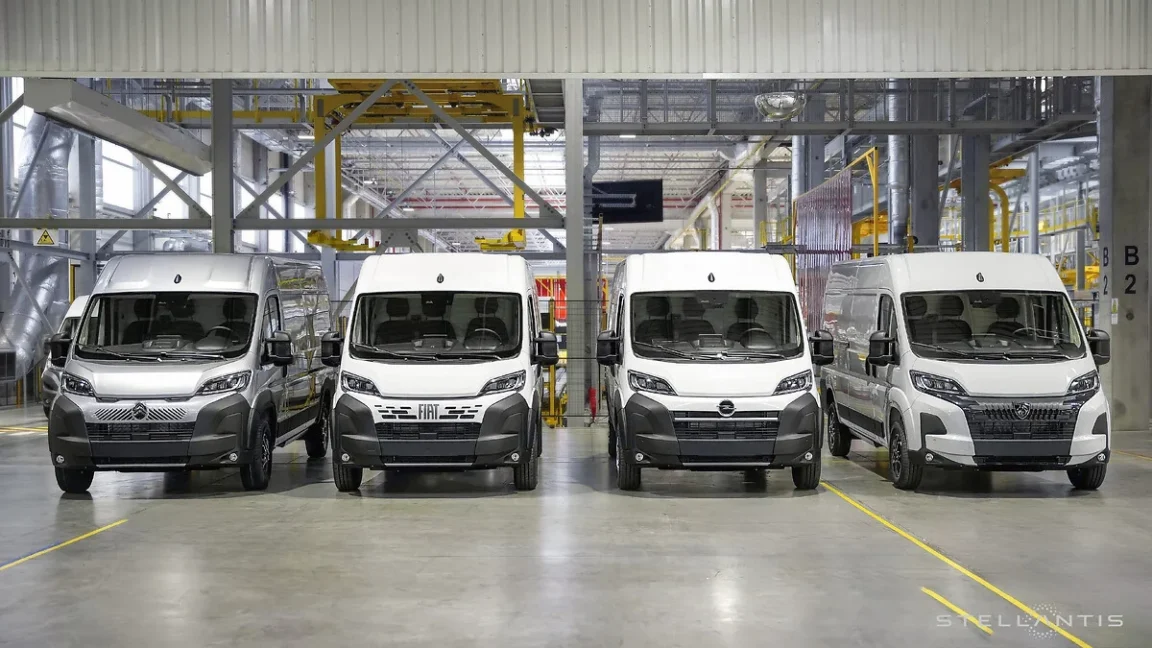- cross-posted to:
- hardware@lemmy.world
- cross-posted to:
- hardware@lemmy.world
To paraphrase Mean Girls, “stop trying to make hydrogen happen.”
For some years now, detractors of battery electric vehicles have held up hydrogen as a clean fuel panacea. That sometimes refers to hydrogen combustion engines, but more often, it’s hydrogen fuel cell electric vehicles, or FCEVs. Both promise motoring with only water emitted from the vehicles’ exhausts. It’s just that hydrogen actually kinda sucks as a fuel, and automaker Stellantis announced today that it is ending the development of its light-, medium- and heavy-duty FCEVs, which were meant to go into production later this year.
Hydrogen’s main selling point is that it’s faster to fill a tank with the stuff than it is to recharge a lithium-ion battery. So it’s a seductive alternative that suggests a driver can keep all the convenience of their gasoline engine with none of the climate change-causing side effects.
But in reality, that’s pretty far from true.



I mean, there’s also white hydrogen and blue hydrogen, and other paths to green hydrogen than electrolysis.
We still will have to figure out the hydrogen economy, if only for steelmaking and similar.
Edit: Electrolysis varies in efficiency, too. The basic science fair kind is a lot worse than it is with careful catalysis, and research into those catalysts is ongoing.